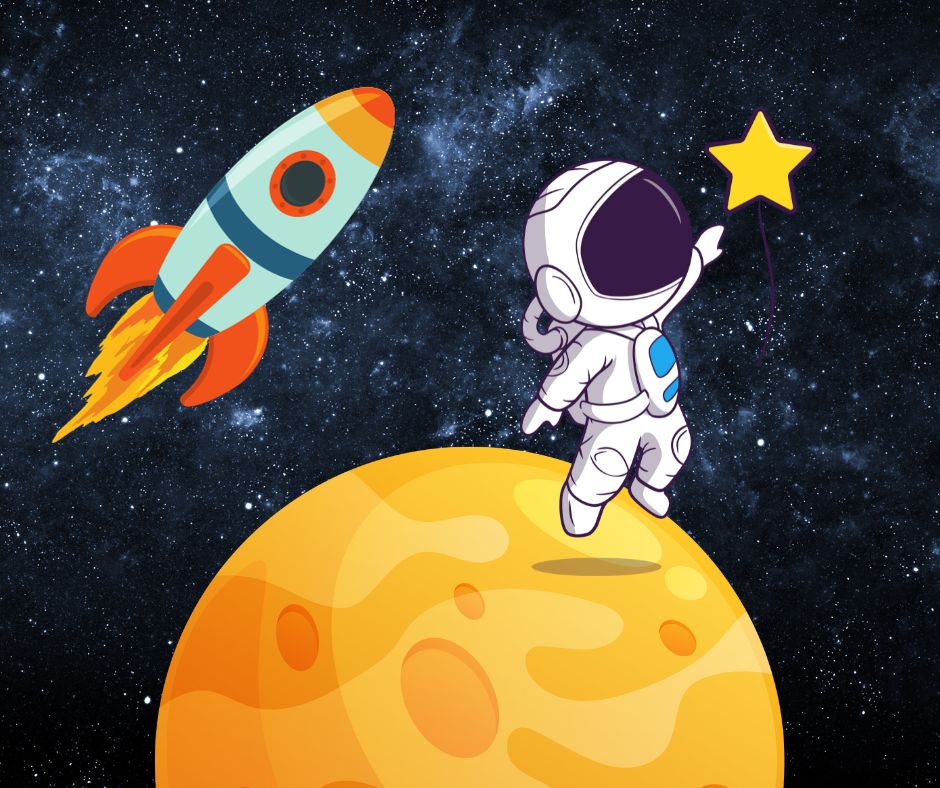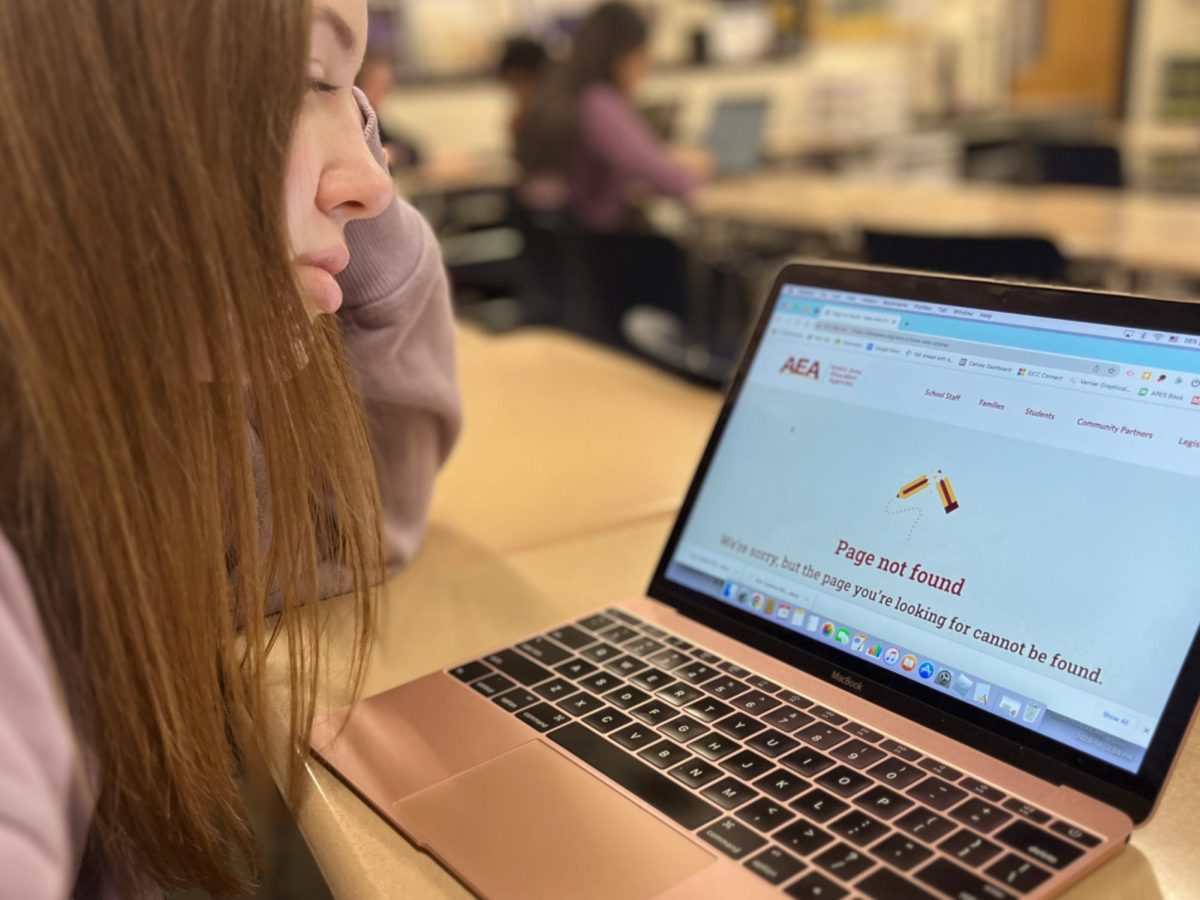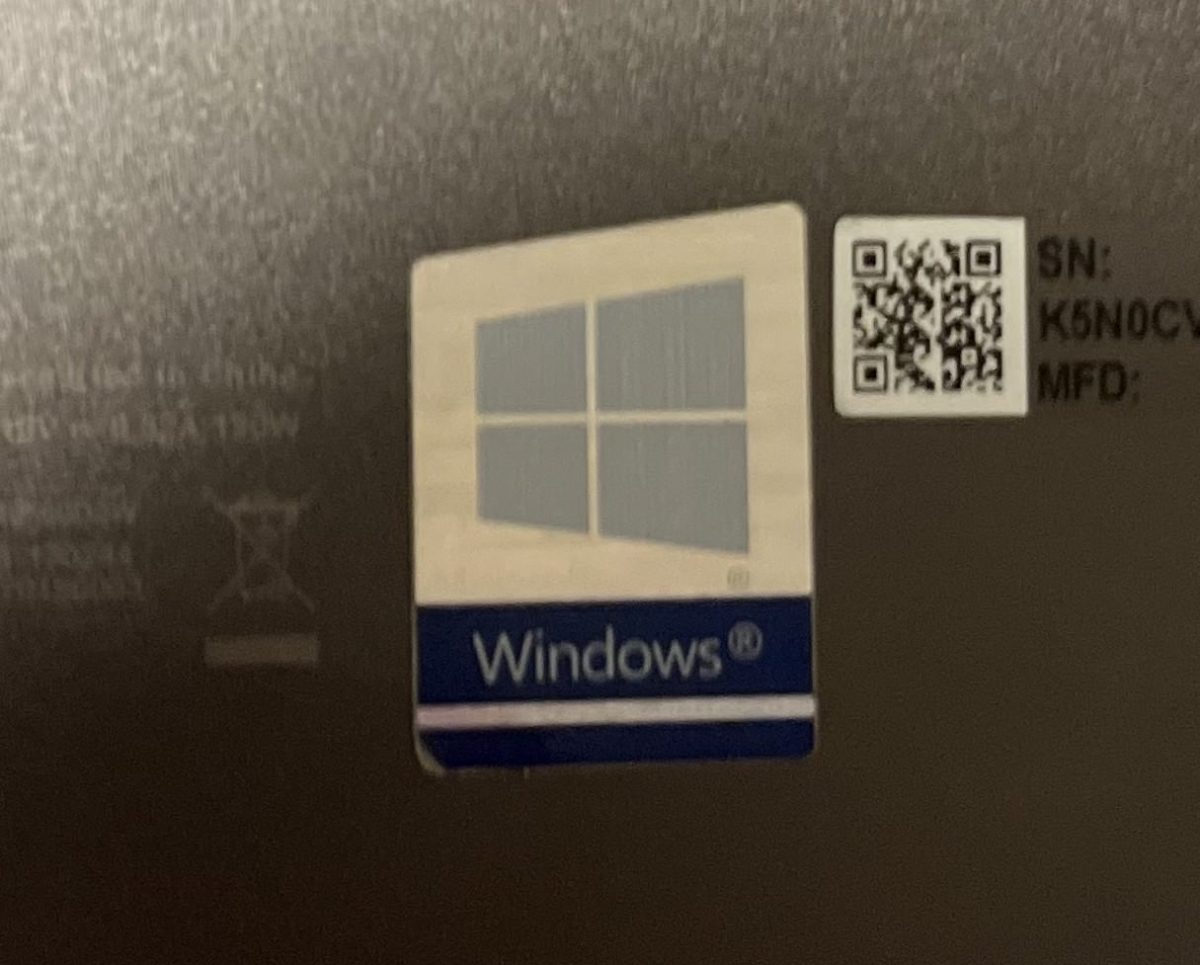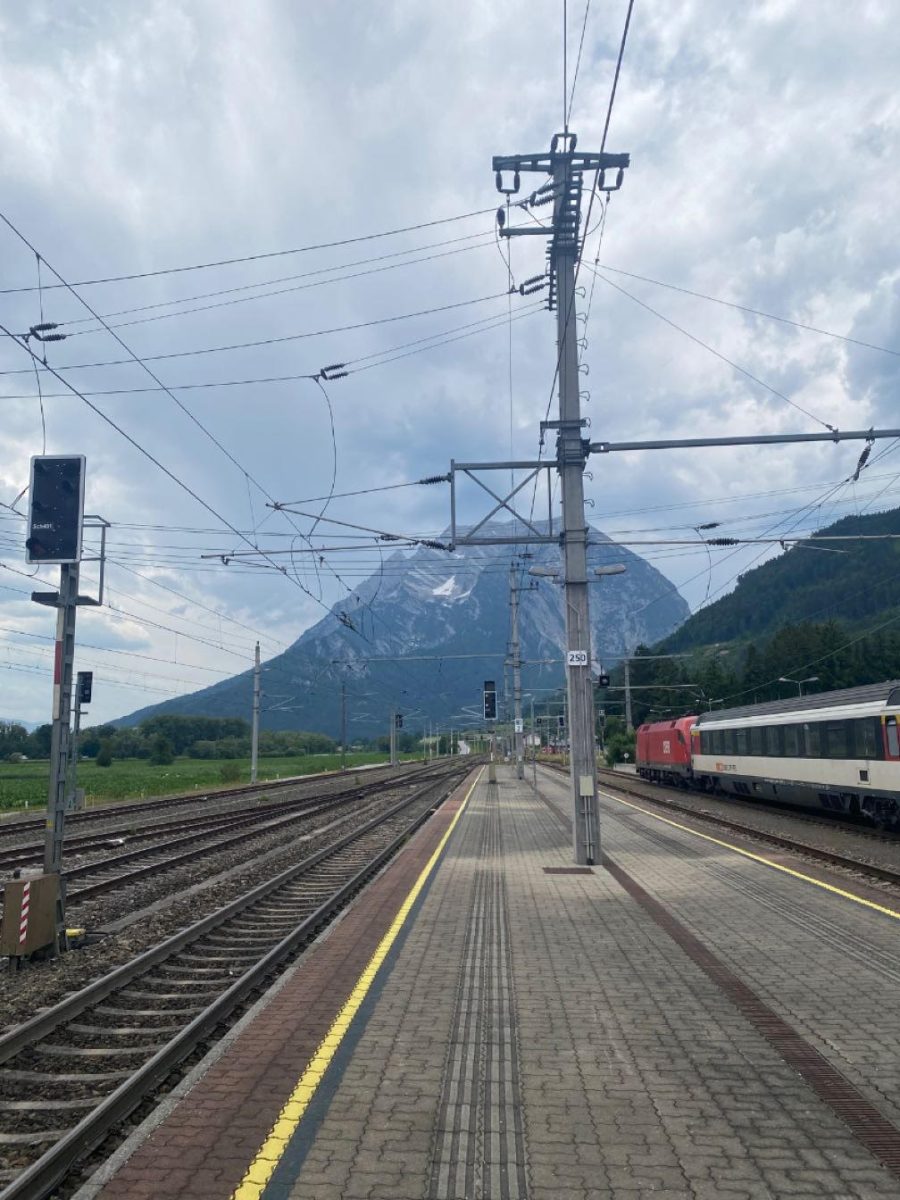In society today, humans try to push the boundaries of space exploration in order to keep up with the increasing population. However, these missions are often limited in distance and time due to issues with bone loss affecting astronauts that travel long distances.
Bone loss is often the result of the lack of a gravitational force against the bones while in space. On Earth, gravitational pull is sufficient enough to maintain the bone density required to support the entire human body.
Due to this issue, space agencies are limited in their exploration capabilities and must rely on robotic devices to perform missions in place of humans. This comes with its own problems as the actions of robots are often restricted and they are prone to damage, software issues, mechanical issues and many more problems.
Junior Aayush Deshpande, an aerospace and robotics enthusiast, shared his knowledge about the limitations of robots. “As robots are limited by their programming and physical constraints, they aren’t nearly as versatile as humans in expeditions. Robots also lack the human experience, making it challenging for scientists and engineers to fully grasp certain space phenomena,” Deshpande stated.
Compared to the previous compound, NELL-1, BP-NELL-PEG is a chemical advancement made upon this already existing protein. BP-NELL-PEG works by modifying the rate at which molecules are degraded. Additionally, this new compound is linked with bisphosphonate, a bone-seeking molecule.
The NELL-1 is a novel secreted protein associated with the fusion of cranial sutures in a process called craniosynostosis. Although this original molecule did what it was designed to do, scientists found a way to boost its abilities and use it in outside means, which resulted with the BP-NELL-PEG.
With recent research, Dr. Kang Ting, a professor at the Forsyth Institute, was able to strengthen a new drug that attempts to control bone loss in space. “If human studies bear this out, BP-NELL-PEG could be a promising tool to combat bone loss and musculoskeletal deterioration, especially when conventional resistance training is not feasible due to injuries or other incapacitating factors,” Ting revealed.
Deshpande believes that this new drug will help advance the study of space. “With this new drug, I think many space agencies such as NASA and ISRO are going to be able to send humans to examine areas where only robots were able to go,” Deshpande explained.
Many believe that BP-NELL-PEG might be the key to letting humans go to Mars or even inhabit areas outside of Earth such as the Moon.
Junior Rithik Vijaykumar, a space and astronomy fan, thinks this drug could advance exploration even further. “After maybe a few decades, no doubt will we be able to occupy other planets and possibly even the Moon. In reality, this is kind of necessary since human growth is on an exponential increase,” Vijaykumar shared.
As NASA plans on making increments toward the concept of humans landing on Mars, this new compound will definitely help. In what would have taken nearly decades, space programs will be able to shrink the time in which humans begin exploring other planets, ultimately pushing to physically explore our solar system.
Although the BP-NELL-PEG drug is currently still in its testing stage and only used in mice, it is expected to be the turning point in space exploration. Once scientists begin testing and advancing the uses of this drug, our limits as humans will be pushed further than before, allowing astronauts to explore more and more of this unknowing universe.


















Srujan Nuthula • Oct 1, 2023 at 11:54 pm
BP-NELL-PEG would definitely be useful to combat bone loss from being in space for long periods of time as well as being exposed to different gravity frequencies.